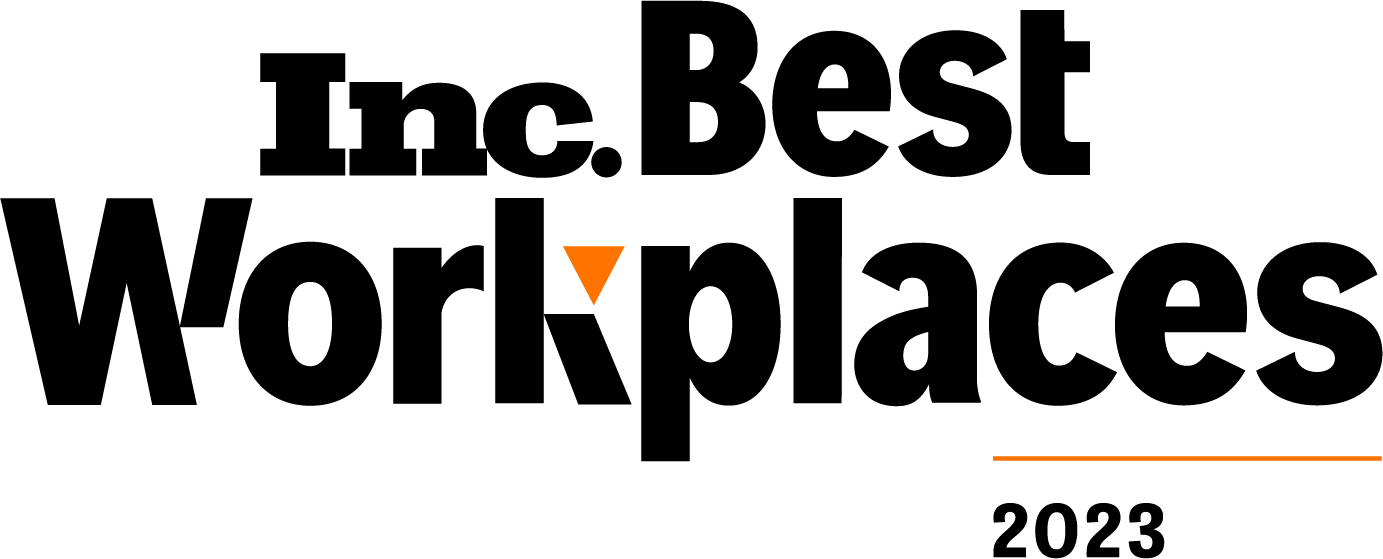
Soaring to New Health Blog – Episode 5, The Glass is Half Healthy
Welcome to Season 1, Episode 5 of the Soaring to New Health Podcast.
This episode is The Glass is Half Healthy. We’re talking with Dan LaVallee, Senior Director of Social Impact from the Insurance Services Division at UPMC Health Plan along with Julie Evans, leader of ProspHire’s Social Determinants of Health (SDOH) service offering.
Social Determinants of Health are coming to the forefront of the healthcare industry for a lot of reasons – and one of those is health equity. Health equity is understanding that different individuals across the country have different health outcomes and a lot of that is determined by the zip code they live in. Part of SDOH is thinking about how we can focus our efforts on healthcare to address those specific needs and therefore address health equity as well. An example is if a child with asthma is growing up in a home with overcrowding and poor air circulation. The child will not be able to address their asthma needs without appropriate social determinants of healthcare in housing.
LaVallee says the Center for Social Impact wants to get ahead of scenarios where the population cannot access healthcare with prevention, support and listening to solutions from within those communities. Data shows that if you can find these members supportive housing for 10 months, it can change the trajectory of their healthcare. It takes a coordinated effort of community organizations that provide jobs, housing, benefits access and food programs to create a circle of member trust. The Center’s Cultivating Health for Success Program aims to get homeless Medicaid recipients in Allegheny County (and now Blair and Lawrence Counties) off the streets and into structured, long-term care by combining the resources of UPMC Health Plan and the housing-focused Community Human Services (CHS). Across the State of Pennsylvania, the Regional Accountable Health Council (RAHC) created forums for strategic health planning that provide a community-led approach to implement the planning and coordination of activities that address social determinants of health needs, reduce health disparities and promote health equity and value in health care.
At UPMC Health Plan, the Center for High Value Healthcare evaluates the impact of the programs supported by the Center for Social Impact, like the new Food is Medicine Program. They will help determine what works that is social impact related and then expand on that, all while seeking continual member feedback.
Evans talks about these types of programs helping Stars, HEDIS and CAHPS measures that tie back to the quality health incentives that are so important to health plans for their members. The investment into SDOH programs can show immediate return on investment. The impact of the pandemic is what really highlighted the needs of vulnerable individuals. Today we are seeing an influx of funding to support community-based organizations and health plans to address those needs but the concern is that as the public health emergency lifted the funds will dwindle and programs will not be sustained. That’s a huge barrier to housing and transportation challenges, which are being spotlighted right now. The future will include how to address these needs without funding.
At UPMC Health Plan’s Center for Social Impact, LaVallee says they are doing a good job of staying ahead of these challenges through investment and community partnerships and leveraging a model that can scale in one community and be replicated in others. There is no intention of slowing down.
For more on Social Determinants of Health, why they are important to measure and how they can play a role in more efficient care with better patient outcomes, download the Soaring to New Health podcast, The Glass is Half Healthy, where you find your podcasts.
Let’s have a conversation
ProspHire
216 Blvd of the Allies, Sixth Floor
Pittsburgh, PA 15222
prosper@prosphire.com


© 2025 ProspHire, LLC. All Rights Reserved / Terms of Use / Privacy Policy







